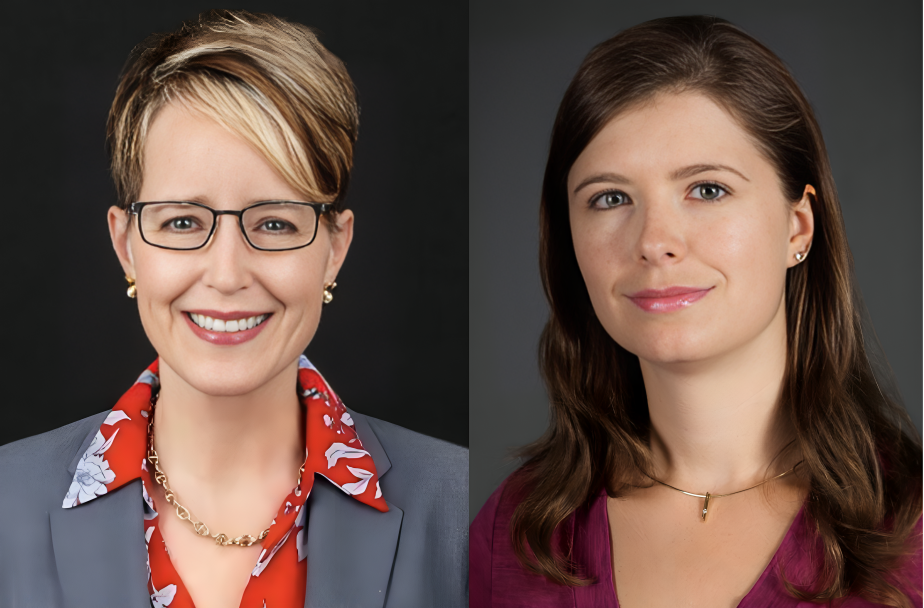
Susanna F. Greer: How does aging affect breast cancer?
Susanna F. Greer, Chief Scientific Officer at The V Foundation for Cancer Research and Leading Scientific Strategist and Cancer Researcher and Communicator, shared a recent article by Olga Anczukow Camarda on LinkedIn:
“How does aging affect breast cancer?
Our researcher has an idea.
Many of us think about aging (present company included) – what a beautiful gift. But finding new laugh lines isn’t always such a fun present.
In reality, and especially in my line of work (cancer), aging takes on a special meaning: it is an opportunity not everyone gets, something to be treasured.
But with aging also comes the risk of cancer.
Why?
Well, researchers have long been studying just that.
Aging can be compared to a well-worn book: over time, the pages may fray, the cover dulls, and notes scribbled in the margins help further define the story. The V Foundation researcher Dr. Olga Anczukow Camarda at the Jackson Laboratory is studying breast cancer and has discovered how aging rewrites the molecular story of cells in the mammary gland, giving us clues about why cancer risk rises with age.
In an incredibly cool study, Dr. Anczukow and their team mapped the cellular and genetic changes in the mammary glands of young and older mice.
In younger mammary glands, each cell type knows its role. But with age, epithelial cells (the ones that line milk ducts) lose their job descriptions, making them more flexible, but also more likely to turn into cancer cells.
Stromal cells become tired and grumpy, creating a chaotic environment that can encourage cancer growth.
Dr. Anczukow’s team also found that age brings in new immune cells to the mammary glands, including those prone to inflammation and exhaustion. This inflammation may promote tumor growth and weaken the body’s defenses.
As cells age, the script of their DNA is also annotated with epigenetic changes, these are chemical marks that change how genes are read. Some edits are protective, like tumor-suppressing genes stepping in to prevent chaos. Others, however, amplify the risk of cells going rogue.
The coolest part of this study was that the same molecular signatures of aging in mouse mammary glands were found in human breast tumors, suggesting a strong link between aging and cancer development.
This study provides a roadmap for our understanding of how the aging environment tips the balance toward cancer. By exploring how cells lose their identity, gain flexibility, and interact with their aging neighbors, we can target these processes to develop better prevention and treatments.
One more thing – this work highlights the profound impact of supporting basic science.
It paves the way for interventions that could reduce cancer risk in aging populations.
Let’s keep rewriting the story – this time, with a happier ending for cancer patients everywhere.
Read Dr. Anczukow’s paper and follow the lab.”
Authors: Brittany L. Angarola, Siddhartha Sharma, Neerja Katiyar, Hyeon Gu Kang, Djamel Nehar-Belaid, SungHee Park, Rachel Gott, Giray N. Eryilmaz, Mark A. LaBarge, Karolina Palucka, Jeffrey H. Chuang, Ron Korstanje, Duygu Ucar and Olga Anczukόw


Susanna F. Greer is the Chief Scientific Officer at the V Foundation. Before this role, Dr. Greer was a Senior Scientific Director at the American Cancer Society, where she led the Biochemistry and Immunology of Cancer Research Program. Greer’s work focuses on identifying crucial signaling pathways in the immune response to cancer and has led to significant discoveries in molecular immunology and new epigenetic targets.
More posts featuring Susanna F. Greer.
-
Challenging the Status Quo in Colorectal Cancer 2024
December 6-8, 2024
-
ESMO 2024 Congress
September 13-17, 2024
-
ASCO Annual Meeting
May 30 - June 4, 2024
-
Yvonne Award 2024
May 31, 2024
-
OncoThon 2024, Online
Feb. 15, 2024
-
Global Summit on War & Cancer 2023, Online
Dec. 14-16, 2023
